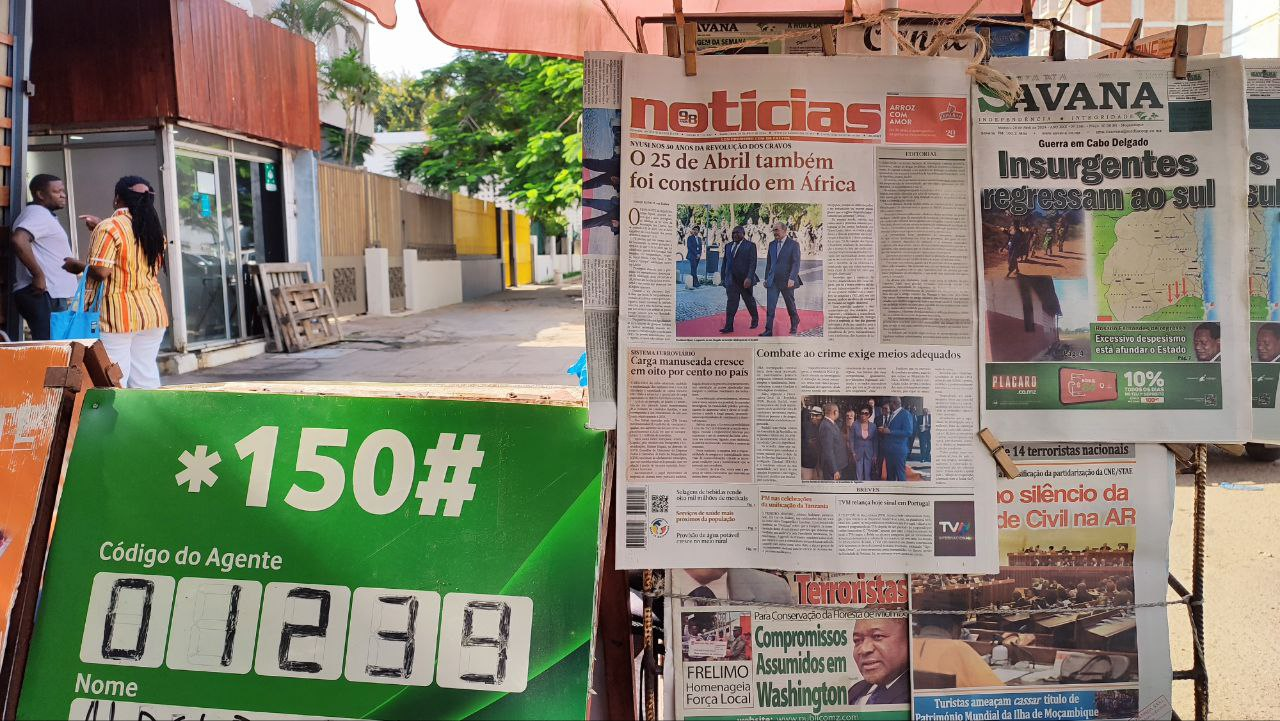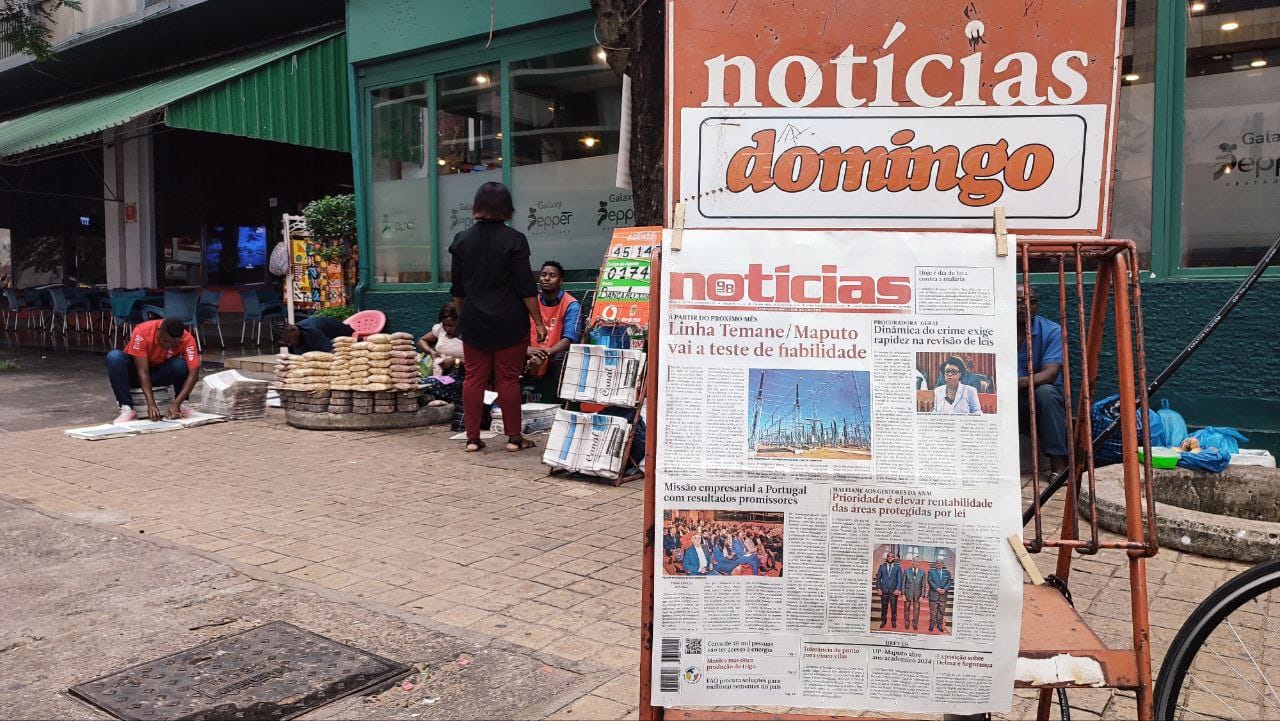Hello. The security situation in the province of Cabo Delgado continues to deteriorate — reflected by a travel warning from France, despite hopes that TotalEnergies will soon lift the declaration of force majeure on it made on its gas project in Palma district in 2021. And the insurgency is taking on a more religious nature, perhaps reflecting new leadership; they are charging ‘tithes’, saying they want people to convert to Islam, and apparently targeting churches and Christian missions in a week of terror in the southern district of Chiure over the last week.
Meanwhile, credible and very concerning reports have emerged from Cabo Delgado of indiscriminate killings by the Mozambican military of civilians found at sea off the coast of Macomia and Mocímboa da Praia districts. Aside from the gross human rights violations themselves, what was left of the local economy is also being decimated by the end of fishing in the area.
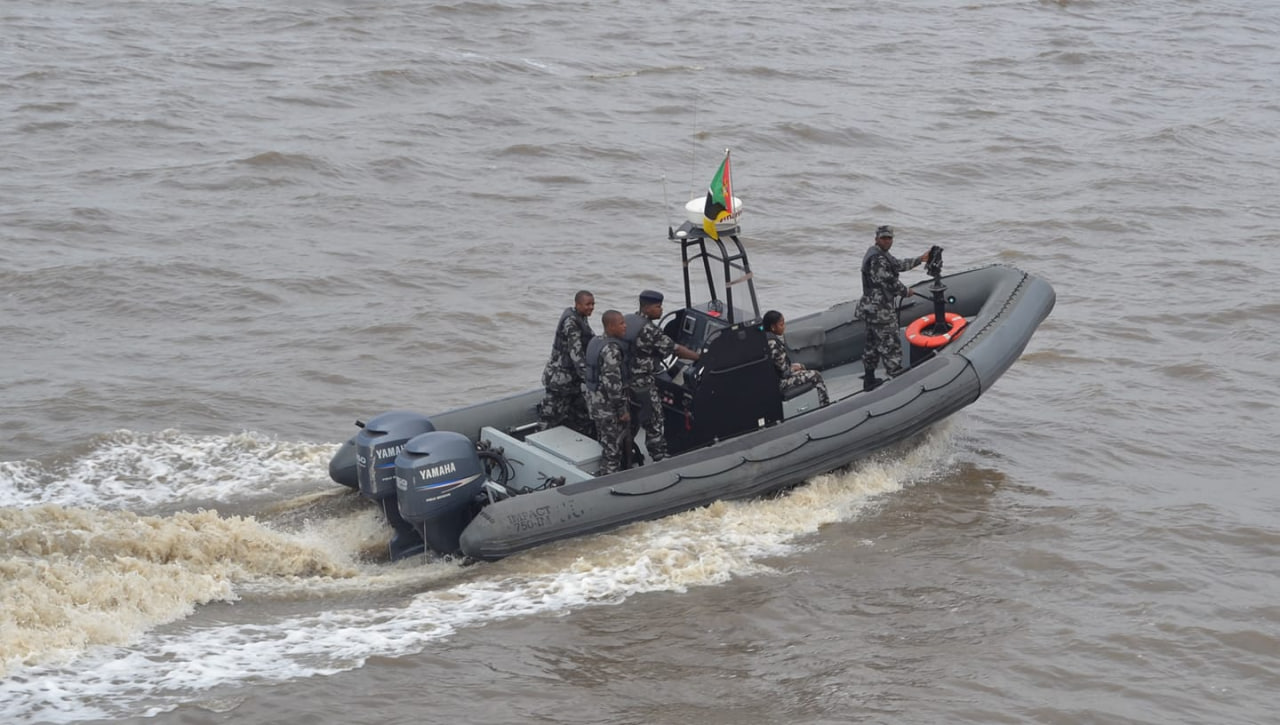
It all adds up to a very bad time for Mozambique’s regional allies to be bringing their involvement in the counterinsurgency to an end. The SAMIM pull-out is now reportedly being reconsidered, but it will be vital that Mozambique hangs onto support from not only Rwanda, but partners like the European Union — who will find continued involvement hard to justify if the troops they are training are then murdering civilians.
Outside Cabo Delgado, the killing of a member of the city of Quelimane’s municipal assembly sparked various theories about the reasons for her death. Among them, the idea that she was murdered for her assembly seat and its MZN17,000 ($269) monthly pay. Though the motive for the killing remains unclear, it seems plausible as influential party members often manipulate others out of their seats.
In Maputo, national airline LAM distanced itself from accusations of corruption by the South African company Fly Modern Ark, which had been brought in to alleviate LAM’s debt crisis. The airline recently pressured state owned oil company Petromoc into handing over aeroplane fuel despite the airline’s debt.
And finally — Frelimo’s Political Commission has not yet announced, or even apparently chosen, a shortlist of candidates to run for president in October’s election. But Frelimologists have noted that Celso Correia has been replaced by Roque Silva as being in charge of the campaign. Is that because Correia is out of favour, after the chaotic municipal elections; or is it because he is likely to be the presidential candidate?
Watch this space.
Week in Review
Monday
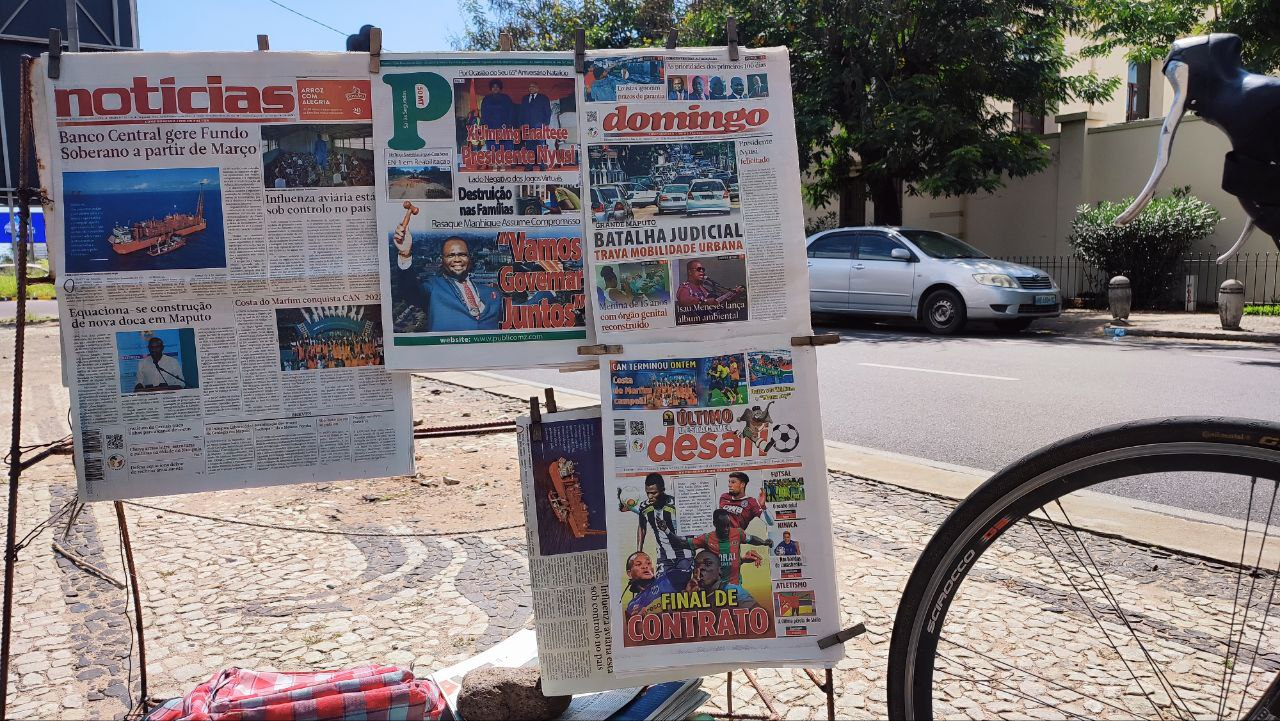
In theory, the only valid assembly members are those whose names were on the party lists when the elections took place. In practice, influential party members sometimes bully people into giving up their seats so they can be redistributed as gifts. The practice is confined to ruling party Frelimo and main opposition party Renamo, if only because the smaller parties do not have enough seats to fight over. Like the selling of places at university and at police college, it reflects the extent of poverty and the institutionalisation of corruption in Mozambique.
Social media posts allege that the victim, a hospital cleaner, was the target of jealousy over the fact that she had two sources of income; on the other hand, there are no previously known cases of people being murdered to take their assembly seat from them. It seems that bosses in the local Frelimo unit will have no problem filling the vacant seat. We can only hope that political interference from Frelimo will not prevent the police from fully investigating the killing.
Tuesday
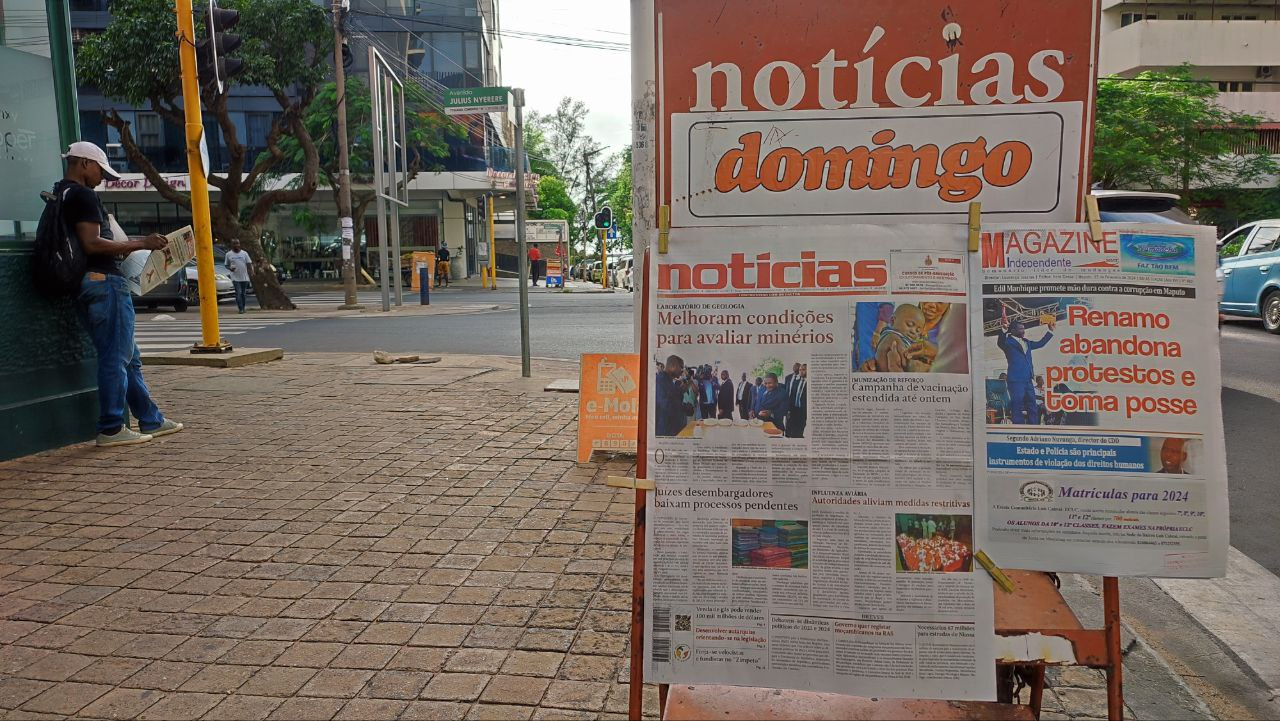
To some extent, FMA has oversold its ability to rescue LAM. It gave the impression last year that LAM’s debts were somewhat illusory and a matter of wrong accounting, but the fact is that the airline is still not paying its bills to suppliers, and cannot survive without subsidy. It is getting hard to maintain the promise that LAM can be rescued. If the company’s fortunes do not start to improve in the next few months, the government (probably under pressure from the International Monetary Fund, which is keeping a close eye on the public accounts) may well decide to cut off support.
Wednesday
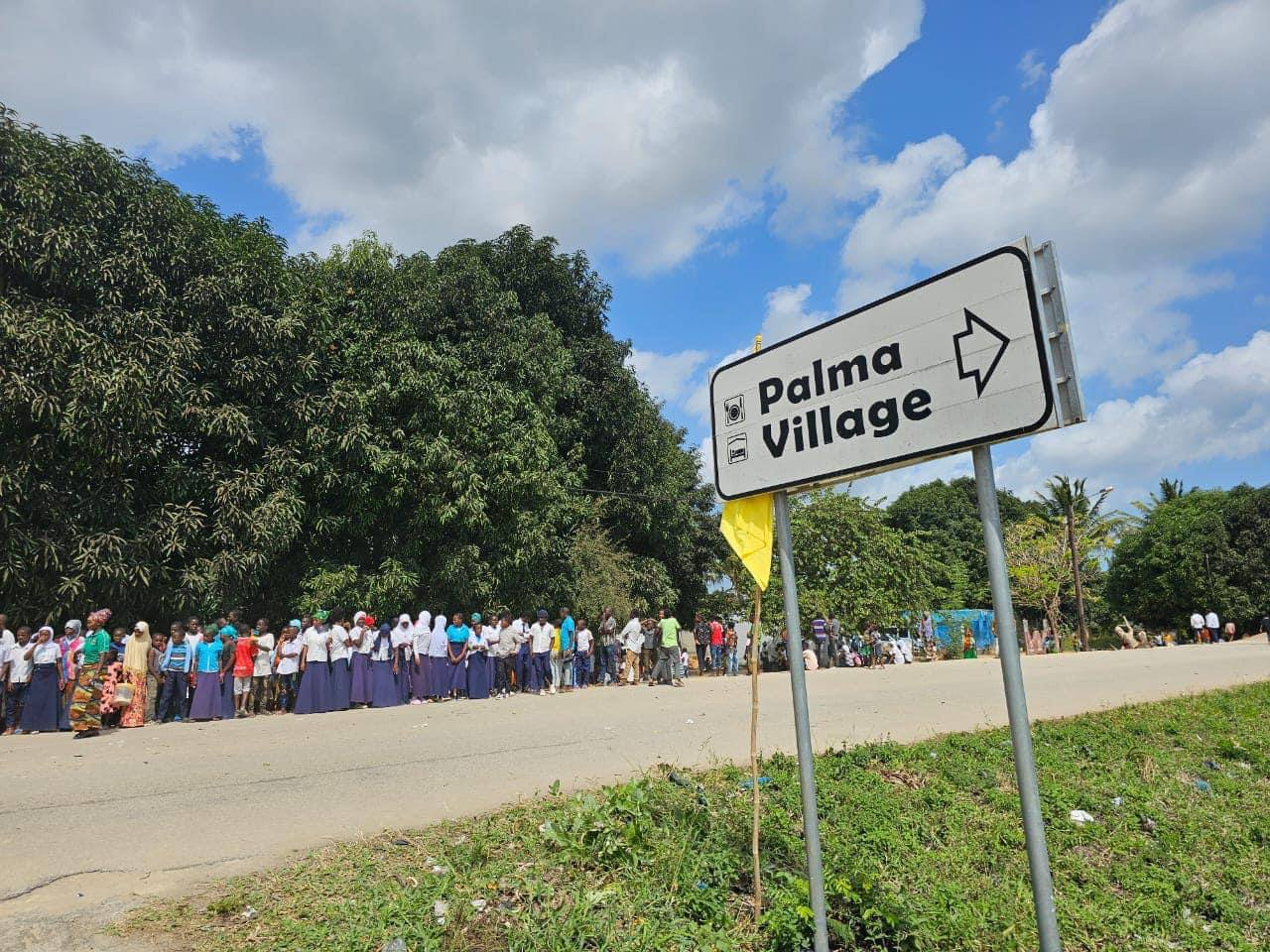
TotalEnergies chief executive Patrick Pouyanné previously said that he would not restart work on Mozambique LNG until he was allowed to travel around Cabo Delgado “with a car, not an army, but alone”. Whether he meant the entire province or just the part around his project is unclear, but reports this week make it very clear that it is not safe to travel along the N380, the main road connecting northern Cabo Delgado to the rest of the country, without protection.
In any case, it seems that not only TotalEnergies but also ExxonMobil has regained the confidence to start work on their gas projects in Cabo Delgado, but without peace coming to the whole province (see story below). While Afungi looks set to be patrolled by Rwandan troops, the best-regarded of the security forces in Cabo Delgado, for the time being, the rest of the province is going to see a reduction in the military presence, with troops from the Southern African Development Community starting to withdraw.
Thursday
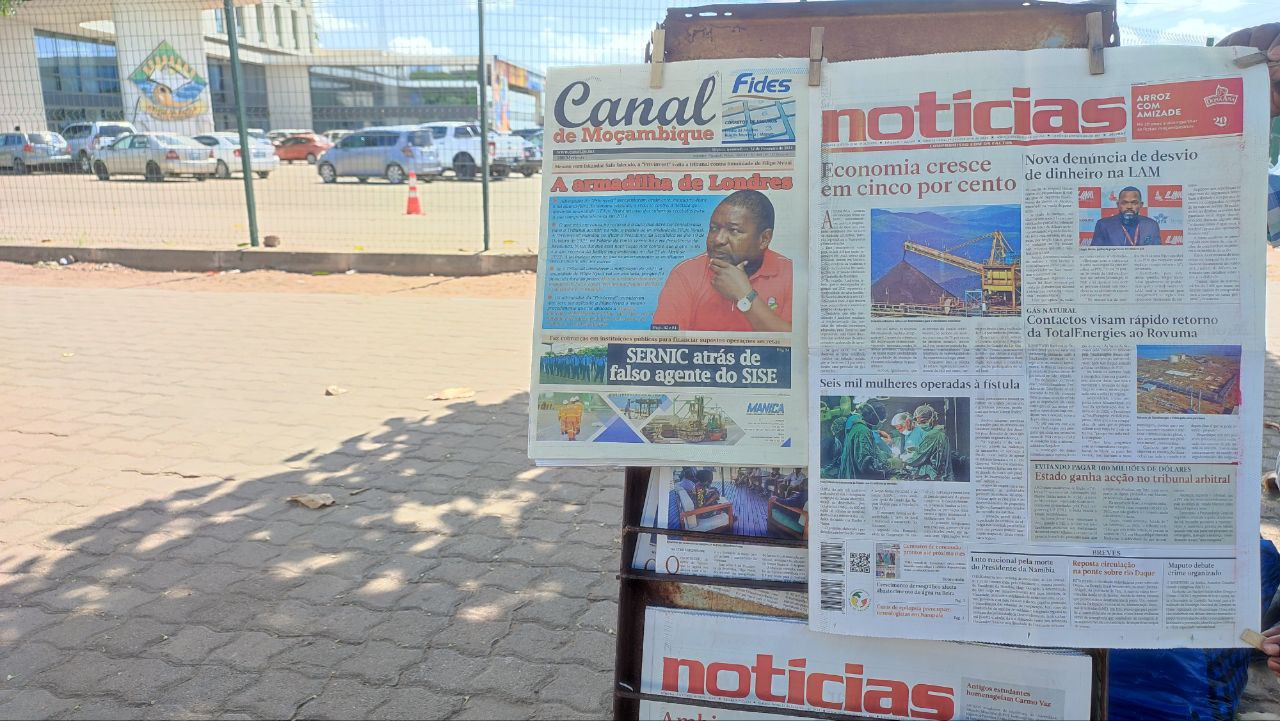
The terms of this new mission remain to be agreed. There are two key points of contention. One is the desire of EU training officers to be allowed to visit Cabo Delgado, in order to monitor how the Mozambican troops they train perform in the theatre of combat (and how they use the equipment the EU has given them) and to draw lessons which can be fed back into the training programme. Up to now, the Mozambican government has refused to allow them to travel to Cabo Delgado, partly out of concern that the training officers might become a target for insurgents, raising further problems, and partly because of its sensitivity about sovereignty. It might well also be that the armed forces know that there are human rights abuses going on in the province which they would rather the EU mission did not have a chance to see.
Another contentious question is whether the EU should give Mozambique lethal equipment. In fact, the training mission has provided a relatively generous and welcome amount of kit up to now, including vehicles, but it has all been non-lethal. Portugal is, we understand, considering asking the EU to start providing weapons, but it may not be successful. EU officials have already seen brand-new Toyota Landcruisers handed over to the Mozambican forces literally go up in smoke, after they were burnt by the insurgents, and insurgents have previously captured armoured cars from the Mozambicans as well. There is every chance that weapons the EU donates could end up in enemy hands.
Friday

Last month, IS announced a “preaching trip” across northern Mozambique, and they have indeed been preaching Islam and seeking to convert locals in the course of their move into the south of the province. They have also characterised the money collected from travellers on the N380 highway as a tithe. This comes after Islamic law has been enforced in the town of Mucojo, which the insurgents have occupied on and off, and before news broke today that they had captured the town of Quissanga, and were “encouraging” people to attend Friday prayers (see below).
Attacks on religious buildings or figures are not unprecedented in the history of the insurgency, but they are rare. The last time a church was burnt may have been in November 2020, when the Nangololo mission in Muidumbe district was attacked. If the insurgents continue to demonstrate that they are fighting a religious war, it will create problems for the government, which has sought to play down the idea that Islamist extremism is behind the conflict in Cabo Delgado.







